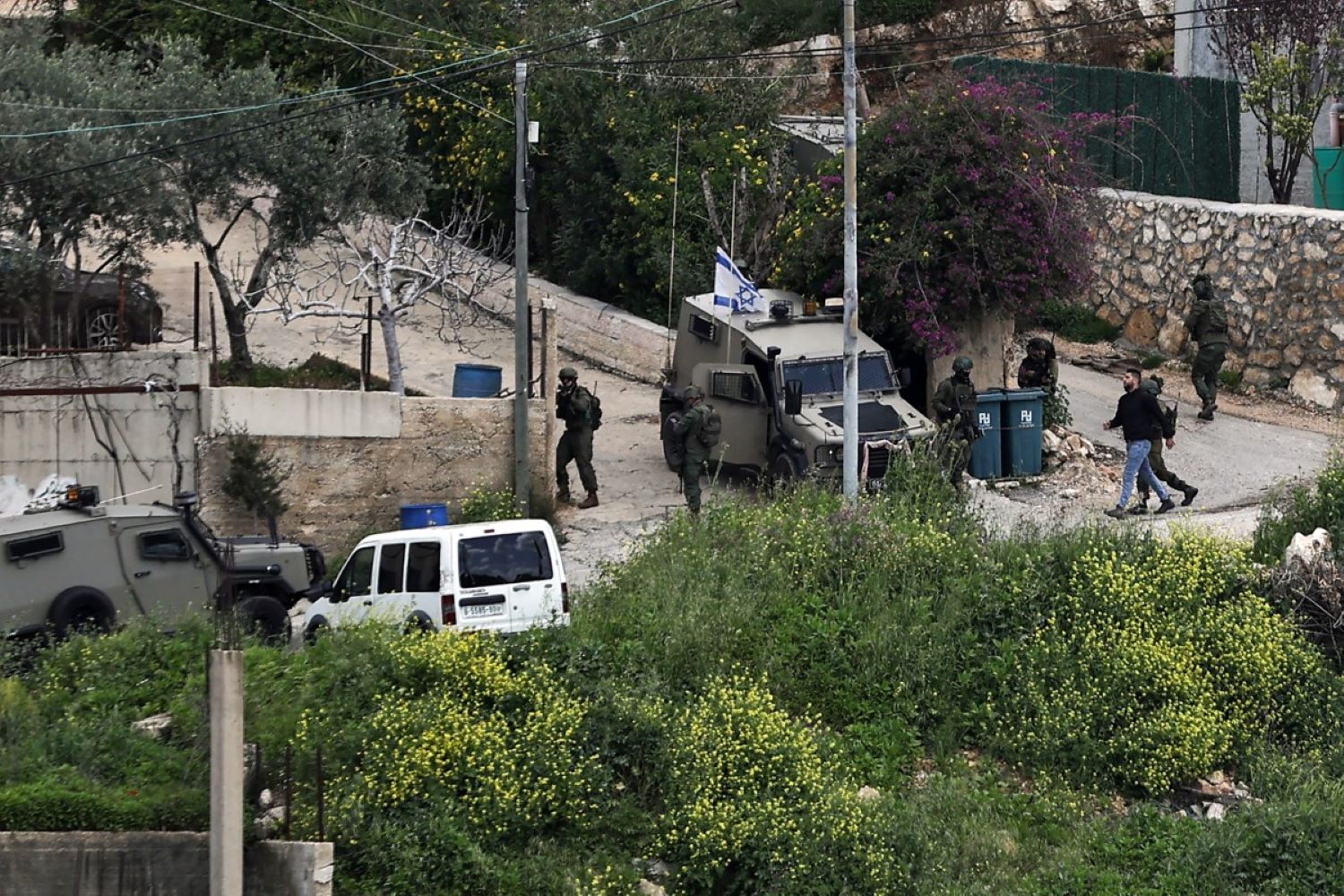PALESTINIAN TERRITORIES – Israel plans to send troops into Gaza’s Rafah even without US support, Prime Minister Benjamin Netanyahu told Antony Blinken on Friday, as Washington failed to pass a UN resolution on an “immediate” ceasefire.
Almost six months of Israeli bombardment since Hamas’s October 7 attack has brought Gaza to its knees with many thousands killed, infrastructure shattered and widespread warnings that its 2.4 million people are on the verge of famine.
Washington has repeatedly blocked ceasefire resolutions at the United Nations Security Council but tried to pass a text mentioning an “immediate ceasefire as part of a hostage deal”.
World leaders including staunch allies of Israel backed the renewed diplomatic push, but China and Russia vetoed the US text after Moscow complained that the language was too weak and put no pressure on Israel.
Secretary of State Blinken has been on a whistlestop tour of the region to support truce talks in Qatar that involve indirect negotiations between Israel and Hamas.
The violence meanwhile continued, with Israeli forces raiding Gaza’s largest hospital complex for a fifth day.
Israel also continued to pound the southern city of Rafah and its surroundings, where most of Gaza’s population has taken shelter.
Standing in the ruins of a partly destroyed house in Rafah, resident Nabil Abu Thabet said “innocent civilians” had been pulled out “in pieces”.
“People were targeted at 1:00 am, when they were asleep,” he told AFP.
Netanyahu said he had told Blinken on Friday that there was “no way to defeat Hamas” without invading Rafah, a plan that has provoked international concern for civilians trapped there.
According to Netanyahu, in a statement after meeting Blinken, “I told him I hope to do that with the support of the United States, but if we need to, we will do it alone.”
Deal still possible
At the UN Security Council, permanent members Russia and China vetoed the US draft resolution, but French President Emmanuel Macron later said diplomats would keep pushing for agreement on a ceasefire call.
Russia’s ambassador Vasily Nebenzia said the US text would “ensure the impunity of Israel, whose crimes are not even assessed in the draft”.
The US ambassador, Linda Thomas-Greenfield, said the vetoes were “cynical” and “petty”.
While diplomats talked in New York, Israel’s spy chief David Barnea headed to Qatar for truce negotiations along with CIA chief William Burns and Qatari and Egyptian officials.
The effort aims to bring to the release of hostages held by Gaza fighters in exchange for Palestinian civilians in Israeli custody and the delivery of more aid to the besieged Hamas-ruled territory.
Blinken said several times during his regional tour that the “gaps are narrowing” between the parties.
“It’s difficult to get there, but I believe it is still possible,” Blinken said in Cairo during his sixth tour of the region since the war began.
A Hamas official said earlier in the week that Israel’s response to the group’s latest proposal for an initial six-week truce had been “largely negative”.
Starving to death
Hamas’s October 7 attack resulted in about 1,160 deaths in Israel, mostly civilians, according to an AFP tally of Israeli official figures.
The fighters also seized about 250 hostages, of whom Israel believes around 130 remain in Gaza, including 33 presumed dead.
Vowing to destroy Hamas, Israel has carried out a relentless bombardment alongside a ground invasion, killing at least 31,988 people in Gaza, most of them women and children, the health ministry in the Hamas-run territory says.
Israeli officials have regularly accused Hamas of using civilian infrastructure to hide their military operations.
But Israeli attacks on hospitals, which are protected under international law, have drawn widespread criticism.
The Israel military said it had killed more than 150 fighters around the Al-Shifa hospital complex since Monday and had arrested hundreds of others.
The military has repeatedly said no civilians or medical personnel have been hurt in the operation, which army chief Herzi Halevi has said is “very important for pressuring the negotiations”.
AFP footage showed streams of people fleeing south along Gaza’s coast to escape the hospital onslaught on Thursday.
The UN humanitarian agency, OCHA, cited Palestinian Civil Defense as saying the army “reportedly refused to allow civil defense crews to reach and rescue hundreds of injured people” around the hospital.
Meanwhile, dire warnings of famine are issues almost daily, with a UN panel of independent experts saying on Thursday that children in Gaza were already “starving to death”.
UN rights chief Volker Turk earlier this week accused Israel of blocking aid and conducting the conflict in a way that “may amount to the use of starvation as a method of war”.
Israel rejected the allegation.

